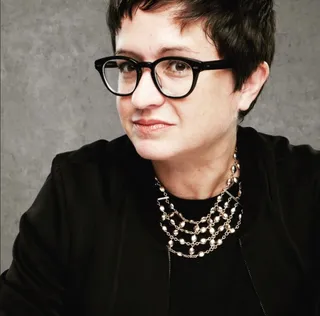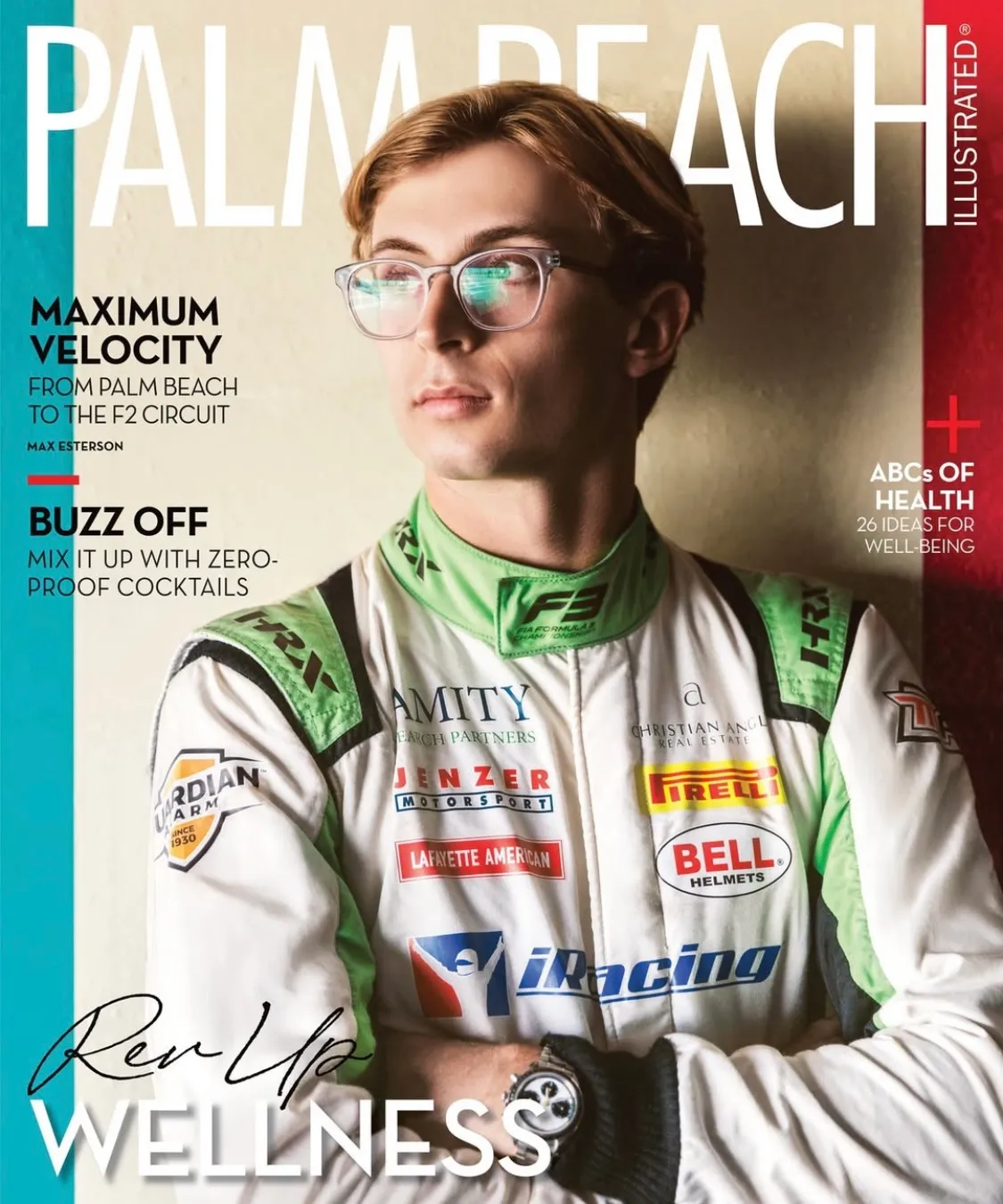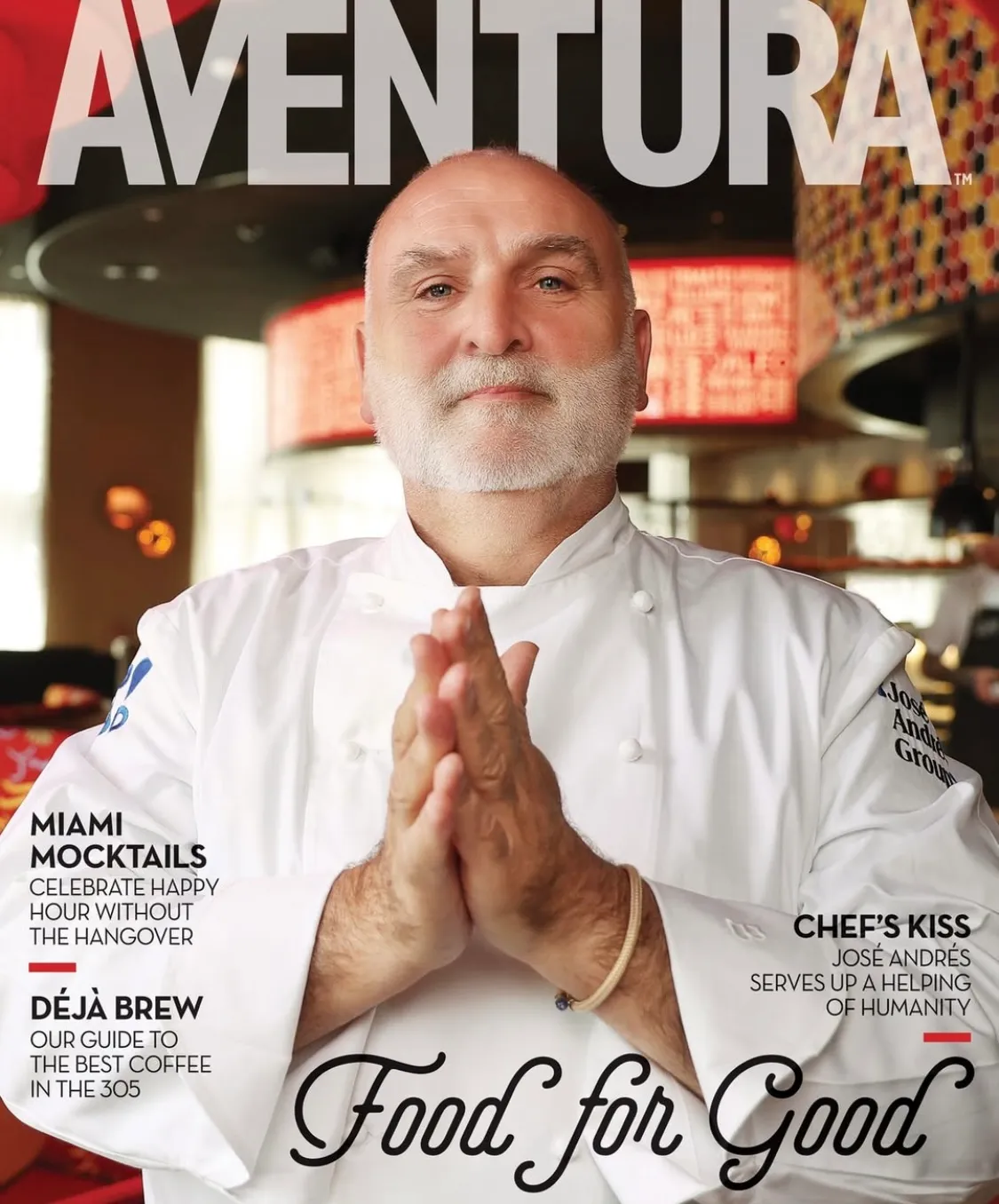That Old Opera House
My quote from last week said something along the lines of Paris being an incredible stimulant. And every time I'm there I find that's so true.
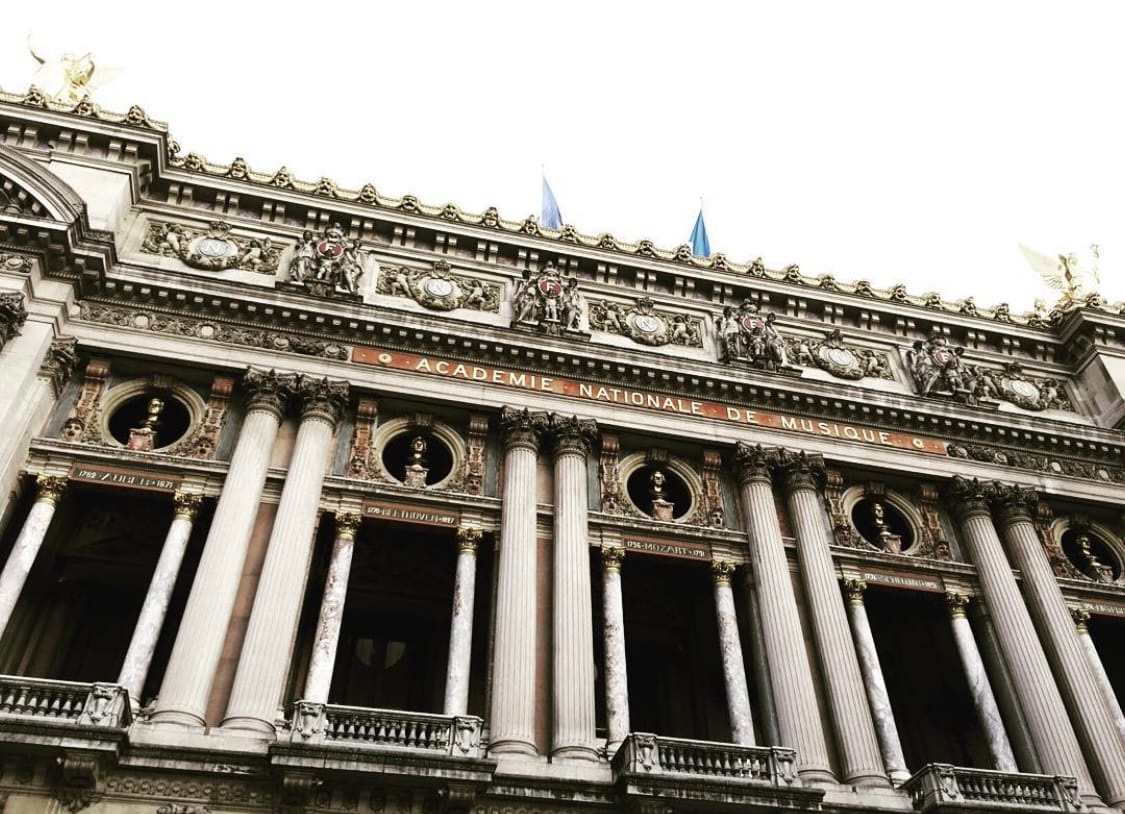
A post-Paris existential reckoning, featuring an old piece of writing about a really old building and the wild-haired man who created it.
Hello fair readers,
How are you this fine Friday? Did you have a good week? Did you scream into the void? Do tell me how things in your one wild and precious life have been going. I really do love it when you write me, you know.
As for me, I've written and sent a story. I've tried to get things going with other stories so I can write and send those too. I've tried to be patient. I've failed at it. So I tried to be patient some more, and decided it would be best to just read for a bit.
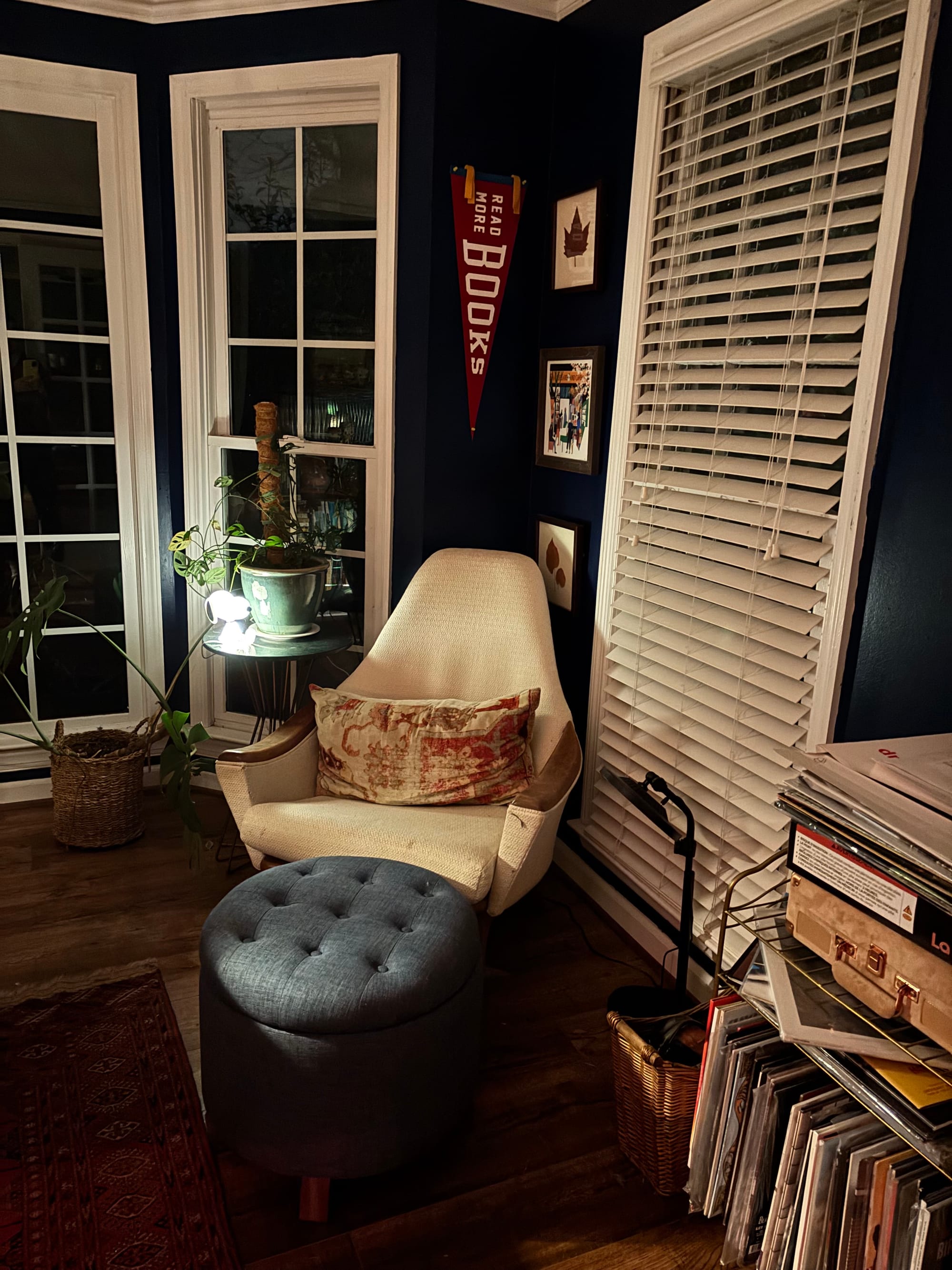
My quote from last week said something along the lines of Paris being an incredible stimulant. And every time I'm there I find that's so true. I come back to the godforsaken United States with ideas about things, a clearer head, a new way of seeing. I get all existential about stuff, as my kid would tell you. And I wonder what it all means, but not in a wear-a-black-turtleneck-and-smoke-a-Gauloise way, because I don't smoke, and also I'm asthmatic.
What...does...it mean? And why does Paris always ignite this in me? I came back from Paris this time and had a podcaster request to interview me about my first book, which is something that hasn't happened in ages. So I took it as some weird sign, some cosmic shift for the better. And then I started thinking about this old piece of writing, which I revisit from time to time, and which I see differently each time I do. This old opera house in Paris (pictured above) was the backdrop of the world's nerdiest midlife crisis, my own. Some do the cars and the lovers, but that's not my speed. I'd much rather do a gajillion pages of reading a week and then write a bunch of analytical essays in grad school. Charles Garnier was the subject of my master's thesis that I had hoped to turn into a book. But I took a writing seminar and people thought it might be more interesting if I told them why the hell a modern woman would get wrapped up in something like this. What follows is the result...
He seduced me in the rain.
It happened in Paris. And at the risk of making this story really French, it happened while my husband attended a conference on the opposite side of town.
Now for the part that makes me sound less like Catherine Deneuve:
It happened on a cold September day. We had been in Paris for three days by then, long enough for my four-year-old daughter to decide that the Luxembourg Garden playground was the only place worth visiting in the entire city. It had that well-worn merry-go-round, that vendor that sold rich hot chocolate, that puppet theater where the characters beat the ever-loving-daylights out of each other with sticks, much to Parisian children’s glee. There were ponies to ride and rope spider webs to climb and big fat pigeons to chase through puddles. It was a veritable kiddie Xanadu, well-shaded by chestnut trees whose leaves were just beginning to turn gold, orange and brown.
Although it was understandable why my daughter wanted to be there, it was also problematic, given the weather that day. So I thumbed through a guidebook in hopes of finding something else we could do, something else that might titillate that part of her that loved sparkly, fabulous princess things and fluffy tutus and rainbows worth of color. That should not have been such a difficult thing to find in Paris, France – it’s a pretty gorgeous place – but on this day it was, thanks in no small part to the discernment of my pint-sized companion, who blithely swung her feet back and forth as she nibbled at her pain au chocolat.
“I want to go to that park today,” she said.
“I already told you that we can’t,” I reminded her. “It’s raining way too much, so Mama is looking for something else to do.”
“But I want to go to the park.”
“I understand that, but we can’t in this weather,” I said. “We’ll do something else that’s just as fun while Daddy’s at his conference.”
“How about the park?”
The last time I was in Paris, I was 19 years old. It was the first time I had traveled outside of the United States and the first time I had traveled alone. This brings me to the first thing you need to know about me: I have been seduced by a Frenchman before, a fact that is so utterly clichéd that I hate myself for typing it. But alas, it is true, and our romance began the way all great romances begin, with a young French man and a young American woman telling each other they have no earthly idea what the other is talking about.
The young French man in this case – I’ll call him F. – was a 20-year-old Parisian podiatry student who was vacationing in Florida with friends. I was that young American woman, and I had just completed my freshman year in college. My younger sister and I were hanging out on the beach near our house when we met these guys. F. and I spoke for three hours that day. My diary entry from this rendezvous, dated 8-18-1992, describes the experience in a way that Honore de Balzac never could: “Hubba-hubba.”
Cut me some slack. I was 19 years old.
F had a quiet charm and easy smile. “He’s so nice, he probably has a girlfriend back home,” I wrote in my journal. “That sucks, but when he goes home in a couple of days, maybe he’ll be my pen pal or something.”
And that’s exactly what happened. The sick and twisted deal of it all was this: I was rather proud of my seven years of French, and he was rather proud of his 11 million years of English (him being the sophisticated European and all that), but we could always stand to improve ourselves, non? So for months, we sent letters back and forth, each of us torching the other’s efforts to write in our respective mother tongues. We softened the red ink blows with stories about the day to day (yes, right down to what part of the foot he was studying in school) and eventually he wrote to say that his family would like to host me in their home for the summer.
This invitation did not sit well with my mother.
“You met this person on the beach, spent a few days hanging out with him and his friends, and then several months writing him. Now you think you’re going to spend a summer with his family? These people are total strangers. Are you out of your mind?”
C’est possible. Then again, I wasn’t the one using“The Simpsons” episode about the time Bart went off to become a French exchange student and two unscrupulous winemakers turned him into their own personal slave as a cautionary tale.
I love you, Mom, but really.
Anyway, I spent the summer in Paris, touring museums, looking at art that I had only known from slideshow presentations in class, improving my French, making new friends, eating foods I used to find repulsive and arguing with F. about every topic under the sun.
Then he kissed me. Profoundly inexperienced in the romance department, I finally came to understand what all those arguments were about. The day after this night of much kissing (which was all it ever was and I swear), we headed for a small town in the South of France where his family camps every year. It was during that ride that he filled me with notions of what our romance could be – leave my family behind, come be with him in France. It was all starting to sound pretty good, even though it seemed like it would require me to turn a blind eye to my ambitions, which were to be a writer. But then he said “So when we are in this town you will meet the love of my life and so it will be complicated.”
I couldn’t believe him.
I wanted my Mommy.
I met Love of His Life over a bouillabaisse feast. And she made no secret of her disdain for the American girl. F. was quiet through it all. I was mad and then quite drunk.
He liked that I was mad.
Which, of course, infuriated me even more.
Ultimately we did not stay angry with each other. But I also did not stay in France with him because leave-it-all-behind-and-be-with-me style commitment just did not seem like something I could do. Months after I returned to the States to begin my junior year at Louisiana State University, F. had found a serious girlfriend. He called me to ask whether I was jealous. I told him no. I was happy for him. We haven’t spoken since. I did Google him (of course) and know that he has his own private podiatry practice, located in a charming suburb not far from where he grew up. Do I wonder what might have been? No. He and Paris came into my life for a reason, turning me into a slightly braver version of my shy, uncertain self. For that I will always be grateful.
“Can we pleeeease go to the park today?” my daughter begged.
In some respects, the 36-year-old Paige who sat in Paris with a child who was blind to the weather was not all that different from the 19-year-old Paige who once stood in Notre Dame Cathedral and realized that seven years of French class can only take you so far with a native speaker. This brings me to the second thing you need to know about me: As I sat in a rental apartment on Left Bank with a youngster full of chocolate and a guidebook on my lap, I felt irretrievably lost and unsure of myself, which might have been what made me so vulnerable to yet another Frenchman’s seduction later that rainy day. After years of defining myself as Paige-who-freelances-for-national-magazines-and-newspapers, the market dried up and I became Paige-who-couldn’t-successfully-pitch-a-story-to-save-her-life-and-now-what-do-I-do? I had a handsome, kind husband and a beautiful child and every reason to be happy. And yet I felt like a failure because, try as I might, I wasn’t able to do much of anything with my head or my pen. So when my husband said we should all go to Paris, it was as if a little light inside of me that I feared had been extinguished began to flicker anew. I hoped the journey would be as personally transformative as the one I took when I was a teenager and also wondered what it would be like to see a city I love so much through my daughter’s eyes.
“I wanna go somewhere today, Mama.”
I looked down at my guidebook and saw the words “Palais Garnier.” Although I had loved French history as an undergraduate, I didn’t know a lot about the building, an opulent opera house built in the mid-nineteenth century. But it seemed to have everything I needed to persuade my then-budding ballerina to come along willingly: beautiful artwork, gilded décor, miles of red velvet and the additional selling point of being a place where famous ballerinas have danced (none of whom she would have known, but the promise of fame and tutus holds major sway in a young girl’s imagination).
“I think we should go to this place called the Palais Garnier,” I told her. “It’s where all the world’s great ballerinas have danced. And it’s full of pretty paintings. Wouldn’t you like to see it?” Wide-eyed, she nodded, her mouth full of pastry.
Together, we navigated the Paris Métro to the Opéra stop, and carefully made our way up the steps past fast-moving throngs into the ninth arrondissement. There, we were greeted by golden theatrical masks that smiled down on us from the Garnier’s rooftop. Even in the cool drizzle and mist, the building was breathtaking: ornate Corinthian columns, elegant arches, a symphony of multicolored marble and intricately carved stone. All of it fluttered across the building’s façade, which was emblazoned with winged statues and busts of composers.
“Pick me up, Mama,” she begged.
Huddled under a cheap black umbrella, I sloshed across the Rue Auber with her in my arms. When we reached the other side of the street, I put her down for an instant so I could switch my too-large-for-that-moment handbag from one shoulder to the other before picking her back up again. That’s when I looked up and saw him for the very first time. He stood still and calm outside the opera’s entrance, a soulful type with artfully tousled hair that framed his piercing eyes and well-chiseled face. Who is he? I wondered.
His name was Charles Garnier, he was a famous French architect, and he had been dead almost 110 years by the time I hustled across the street to get a closer look at his statue, which sat outside the opera hall that was his life’s work. When he lured me across the street and into the building that bore his name, the rest, as they say, was history.
There was no line for self-guided tour tickets that day. So we paid and wound our way through dimly-lit corridors full of intricately carved stone, past a bronze statue of Pythia, a priestess known as the Oracle of Delphi, and then up slick marble stairs. There were more stairs, after that. Grand ones, familiar ones. Why were these stairs so familiar? Because I had seen a couture-clad Audrey Hepburn stomp down them past Republican Guards in the 1957 Stanley Donen film “Funny Face,” about a bookish girl who was discovered by a major fashion magazine and turned into a cover model overnight. It was one of my favorite movies and I was tickled to be standing in the midst of where that particular scene was shot, all the while wondering how Audrey made it down those steps without slipping and breaking her swan-like neck. Then I started imagining ladies in crinolines and beautiful gowns, their hair piled high, fanning themselves as they climbed the steps to their seat as admirers watched their grand entrance from the surrounding balconies. This was the grand staircase from the Broadway musical and Gaston Leroux novel “The Phantom of the Opera” and I had never even made the association until that point. This building was the backdrop for the world’s longest-running and most iconic musical, a show I hadn’t seen since I was a teenager meeting strange Frenchmen on the beach. This place was gorgeous and opulent and dizzying. I looked down at my daughter as we climbed the staircase together and her mouth was wide open.
“What do you think of this place?” I asked her.
“Whoa,” she said.
Whoa was right. I wondered what it would be like to see a performance there, how much it might cost, how fancy you’d have to dress, how much of a scene it all was both on and off the stage. I wondered how you dreamed up something like this, if you were that guy who caught my attention down on Rue Auber. I wondered how much it cost and how long it took to build something this grand.
Again, who was this guy Charles Garnier?
My daughter and I walked into a box and looked out across the red velvet seats and gilded ornamentation, up at the several-ton chandelier that hangs in the middle of a Mark Chagall mural, out at the faux curtain that rises on ballerinas eager to make their mark. My girl took it all in, her little delicate hands on the balcony, before looking up at me to say “I want to dance here someday, Mama.”
“When you do, I will watch you all the time,” I said.
We walked around the foyers, underneath more chandeliers and Byzantine-style frescoes that looked like dark, starry nights. We walked and walked and sat on the stairwells and took pictures together, of the ceilings, of the floors, of the lighting, of our feet. And then we left. At least I did physically. Mentally, my head was still hovering over the red velvet seats. By dinnertime I was thinking that maybe I wanted to come back to the Palais Garnier and dance too, although not in a ballerina way, but in a nerdy, I-want-to-know-more-about-this way. Because I had a feeling there was a good story there, one that had a lot to do with that statue on Rue Auber. Maybe, just maybe, I wasn’t as lost as I thought I was.
We had been back in the States for about a week when I told my husband that I might want to go back to graduate school and might want to study French history, because I was curious about the Palais Garnier and this Charles Garnier person and thought I might want to write about him.
“Why can’t you just write about him?” he asked.
By this point, my passing interest turned into a full-blown mission. I looked for a biography of Garnier on the internet, but found several books about his architecture. I bought the sole book in English about his work that included a chapter-long treatment of his life, but also a couple of GRE study guides so I could spend the next couple of months cramming for the test I’d need to take to be admitted to graduate school.
“I can’t just write about him because I feel like there’s a lot more I need to learn before I can do it,” I said, a response that had as much to do with the nineteenth century as it did with me.
Less than a year later, we sold our house in Atlanta and moved back to my native Louisiana where I began studying Modern France under the direction of a professor who had tried to convince me to get a master’ s degree in French history when I was an undergraduate. A month after we moved into our new house in the Baton Rouge area, I watched my daughter make her way up the steps of the school bus that would carry her to her first day of kindergarten before I got in the car for my first day of school in sixteen years. By the time I met the twentysomething classmate who introduced himself to me as “not much of a morning person” and sat through a history department orientation with the rest of my soon-to-be-footnoting peers, I began to realize a lot of things, one of which was that I had actually forgotten how to write an academic paper.
I walked out of the meeting and down the hallway to my advisor’s office even though he told me the day before that he wasn’t going to be there.
He was.
Because he knew what was coming.
I sat in the chair across from his desk, broke down in tears and said “Oh my God, what in the hell have I done? I uprooted my family, stuck my child in a Louisiana public school and all so I could study a dead Frenchman in a down economy. I must be out of my mind.”
He shut the door and I reached for the Kleenex, which were right where they used to be. And then he went about the ugly business of reminding me that I could do this, that everything would be fine, that I’d see.
Writing prompt: Think about a pivotal moment in your life that inspired you to try something new. What was the moment and what did it teach you about yourself and the world?
I don't wait for moods. You accomplish nothing if you do that. Your mind must know it has got to get down to work.
-- Pearl S. Buck
Endnotes
Another reason why I love that crazy opera house I just wrote about: There was a time in history when nations actually used to compete to see who could build the biggest, grandest opera house because it was a sign of just how civilized they were. These stories actually made front page news, and to me just reinforce our need for culture and beauty in a world that has seemingly gone mad. Also, they show you that anyone, from any walk of life can create something grand if they just put their mind to it.
What I'm listening to: Monica Lewinsky's new podcast "Reclaiming with Monica Lewinsky." It's an interesting, at times infuriating, and ultimately moving series about the work she and others have done to reclaim their life's narrative after weathering various personal storms. Also? "Black in the Garden" podcast, hosted by the seriously very cool Colah B. Tawkin, who I met a couple of weeks ago at SCAD Fash.
What I need to do more often: Eat oysters with friends.
What I'm looking forward to: Atlanta United home opener on Saturday night, and the return of the great Miguel Almiron to the club.
Where I hope you'll donate this week: The Nature Conservancy, which began when leading scientists, committed citizens and dedicated leaders came together with a shared vision to protect and care for nature. It works in all 50 states and more than 80 countries, but it can't do it without our help. Please consider a gift of any amount, either once or monthly.
Paige Bowers Newsletter
Join the newsletter to receive the latest updates in your inbox.

